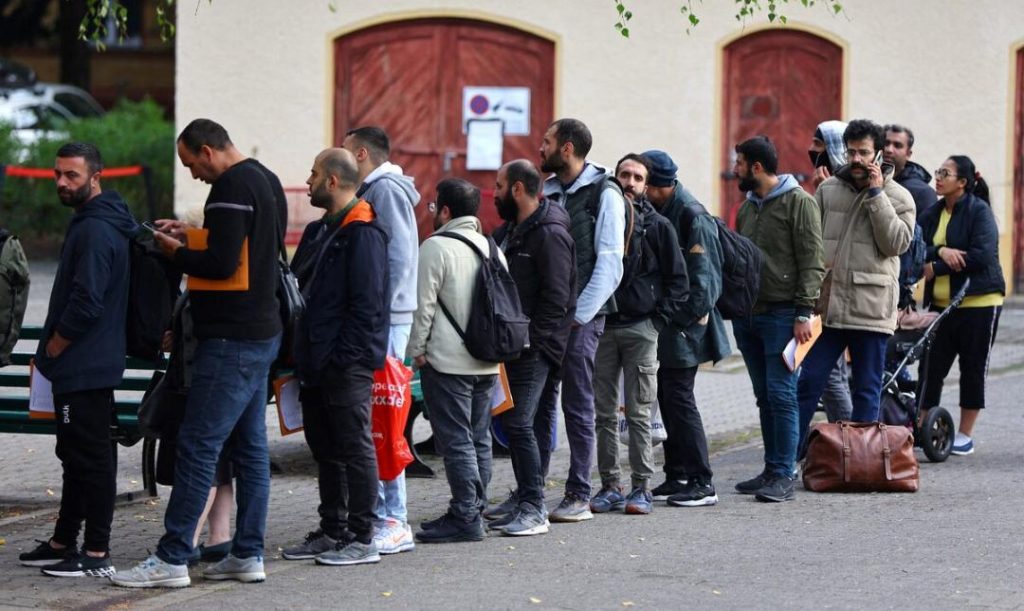
EU Lists 7 ‘Safe’ Countries Including India, Tightens Asylum Rules
In a significant move, the European Union (EU) has listed seven nations, including India, Bangladesh, Colombia, Kosovo, Morocco, Egypt, and Tunisia, as “safe countries of origin” for returning failed asylum seekers. This decision enables EU states to fast-track claims from these nations, which could have far-reaching implications for refugees and asylum seekers across the continent.
The EU’s decision to include these countries on the list is based on the premise that they are considered safe for their citizens and that they have functioning governments, functioning asylum systems, and a low risk of persecution. However, human rights organizations have expressed concerns that this move could lead to discrimination among refugees and undermine fair assessments of asylum claims.
According to the EU’s criteria, a country is considered “safe” if it has a functioning government, a fair asylum system, and a low risk of persecution. However, critics argue that this criteria is overly broad and does not take into account the specific circumstances of each country.
“By listing these countries as ‘safe’, the EU is essentially saying that the governments of these countries are capable of protecting their citizens, which is not necessarily the case,” said Hussein Baoumi, a researcher at Amnesty International. “This could lead to discrimination among refugees and undermine fair assessments of asylum claims.”
Baoumi added that the EU’s decision could also have unintended consequences, such as encouraging more people to make dangerous journeys to Europe in search of asylum.
The EU’s decision has also been criticized by refugee advocates, who argue that it ignores the real risks faced by asylum seekers and refugees.
“This decision is a step backwards for human rights and refugee protection,” said a spokesperson for the European Council on Refugees and Exiles. “It ignores the real risks faced by asylum seekers and refugees, including persecution, torture, and violence, and instead prioritizes political expediency over human rights.”
The EU’s decision to include India on the list has also raised eyebrows, given the country’s complex refugee situation. India has a significant refugee population, including many who have fled persecution and violence in neighboring countries. However, the country’s asylum system is often criticized for being inadequate and lacking in transparency.
The EU’s decision to include India on the list may also be seen as a way to pressure the country to improve its asylum system and to take more responsibility for processing asylum claims.
In a statement, the EU’s migration commissioner, Ylva Johansson, said that the list was intended to help EU states deal with the large number of asylum claims they are receiving.
“This list is intended to help EU states make more informed decisions about asylum claims and to speed up the processing of claims,” Johansson said. “It is not intended to undermine the rights of refugees and asylum seekers, but rather to ensure that the system is fair and efficient.”
The EU’s decision to list seven countries as “safe” is likely to be reviewed and updated over time. However, critics argue that the decision is a step in the wrong direction and could have serious consequences for refugees and asylum seekers.
In conclusion, the EU’s decision to list seven countries, including India, as “safe countries of origin” for returning failed asylum seekers is a complex issue that has raised concerns among human rights organizations and refugee advocates. While the EU’s criteria for determining a country’s “safety” may seem straightforward, critics argue that it ignores the real risks faced by asylum seekers and refugees and could lead to discrimination and undermine fair assessments of asylum claims.





